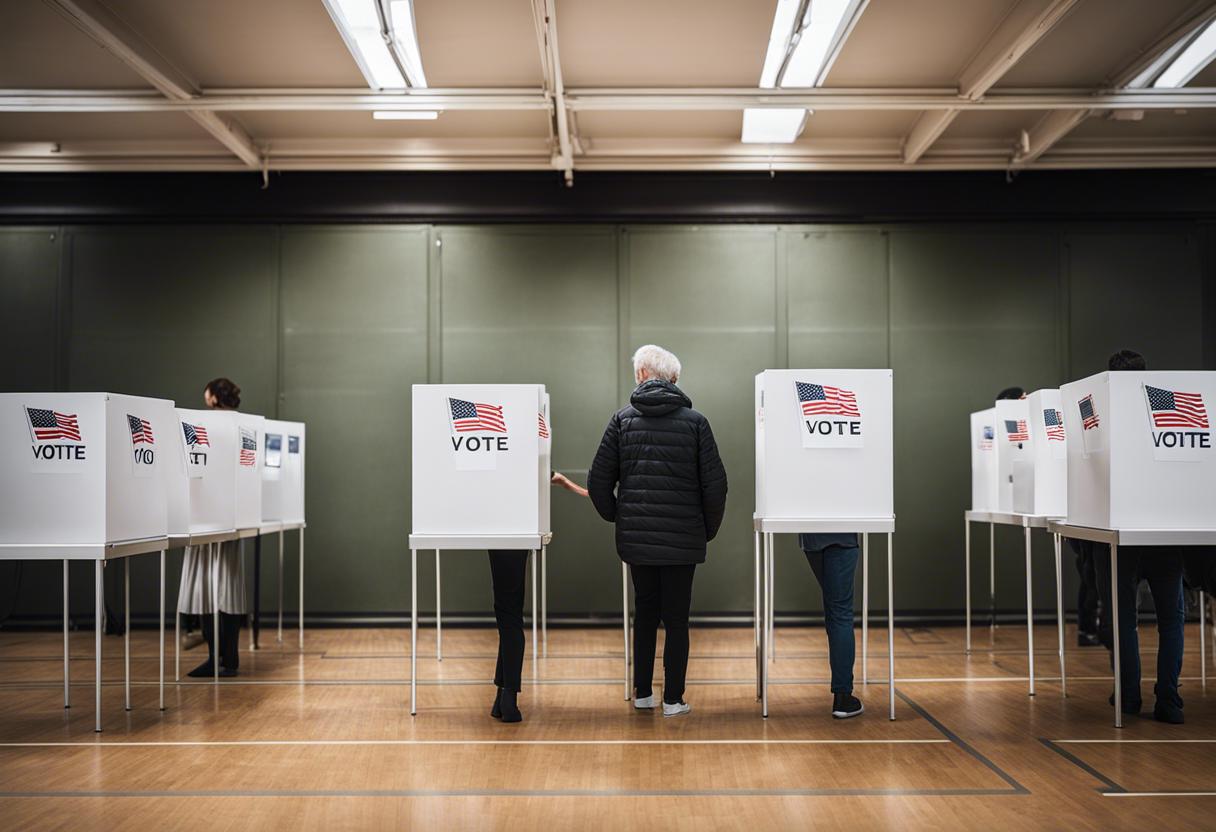According to preliminary exit polling data, India’s Prime Minister Narendra Modi is predicted to maintain his position for a third term, highlighting his enduring influence over the world’s fastest expanding major economy. The initial polls suggest his Bharatiya Janata Party (BJP), in conjunction with the National Democratic Alliance, will secure considerably more seats than the 272 required for a majority in India’s 543-seat lower parliamentary division. Scheduled for release later in the evening, further exit poll data will precede the counting of the actual votes on 4th June.
Modi celebrated the initial results and claimed it as a victory for the BJP-led alliance. He took to social media platform X, expressing confidence that a record-breaking number of Indian citizens had chosen to re-elect the NDA government. Emphasising on the BJP’s successful track record, especially amongst the economically underprivileged, he criticised the opposition for their lack of a clear national vision.
While exit poll predictions in Indian elections have demonstrated varying accuracy in prior years, the broad results of the 2014 and 2019 general elections were accurately forecasted. The data was announced following a six-week election period, involving nearly one billion registered voters across seven polling stages, commencing on April 19th.
The targeted focus on the widely esteemed figure, Modi, seems to have benefited the BJP, should the exit polls prove to be correct. As the party’s central promoter, he travelled extensively throughout the country, conducting rallies and drawing large audiences. The BJP unveiled its manifesto under the title ‘Modi’s Guarantee’, emphasising Modi’s popularity.
If Modi succeeds in gaining a third term, it would mark a historical achievement not seen since Jawaharlal Nehru, who governed India for seventeen years post-independence. Nonetheless, this outcome poses additional difficulties for the opposition, particularly the Indian National Congress, the primary party in the opposition alliance. Failure to challenge the BJP’s mandate for a third consecutive national election may incite worries that the Congress party needs to reassess its ideological approach or reconsider its leadership.
A stronger victory for the governing party could offer it the capacity to introduce significant new legislative decisions, thereby bolstering Modi’s global reputation further. This triumph would facilitate the BJP in delivering on critical electoral commitments such as enhancing infrastructure investment, boosting domestic production, and maintaining favoured social aid schemes. Besides, it would equip them with the political leverage required to enforce disputed transformations in the areas of land and labour. – Bloomberg

